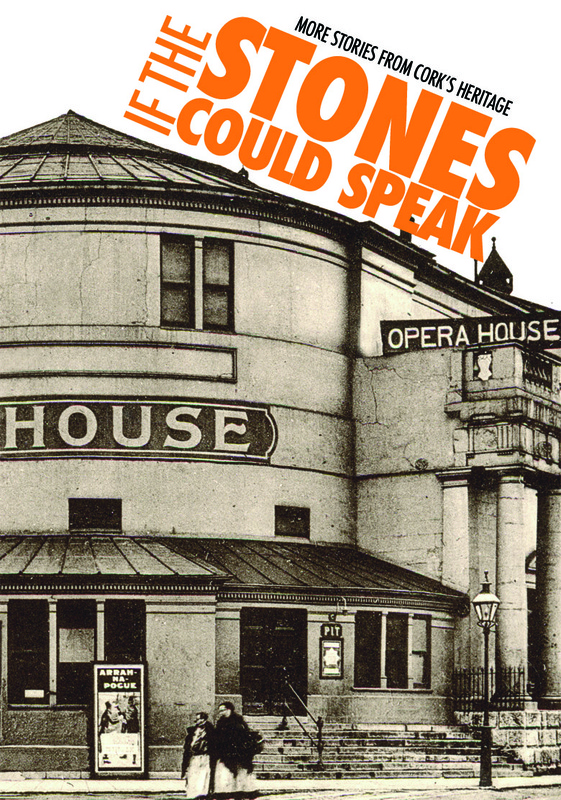Sean Moraghan: Fota House and gardens
Title
Subject
Description
Date
Identifier
Coverage
Source
Rights
Language
Type
Format
Interviewee
Interviewer
Duration
Location
Original Format
Bit Rate/Frequency
Transcription
My familiarity with Fota House is really more to do with Fota gardens, I did a course there, on the history of Irish Gardens and I also became familiar with the frameyard garden, the frameyard was really part of the production garden, so what people forget about country houses, is that the house and the garden were one entity, they were not separate entities, the garden provided the fruit and vegetables for the family and for some of the staff, and the garden also provided, a supply of flowers in bloom for every month of the summer, essentially. Now it was the head gardeners job to provide army after army of flowers in bloom, also to provide, soft fruit, for the desert section of the families dinners and for the guests, so the house and the garden really were two sides of the same coin, now when we think, of gardens and gardeners, we have an image of some guy raking up leaves in a field, the gardener in a country house had the most important position, aside from that of the butler or the leader of the household staff. Now the gardener, occupied quite an unusual position because to be the head gardener was to occupy a fairly elevated social position, it was a way, in which young men, usually who would have started as gardeners boys and then became foreman, journeymen, foreman, and then head gardeners, it was a way for them to elevate their social position but really to be head gardener was to be a very important person, because you liaised with the master of the house particularly in the Victorian period, the leaders of aristocratic families competed with each other in raising exotic plants and flowers and the head gardener worked quite closely with the head of the household to achieve success with garden specimens, very often these were quite exotic and the reason they had exotic plants and flowers, was because Ireland was then nominally part of the British Empire and Irish and British plant hunters went out and brought back seeds and specimens, which people then competed to bring to bloom, or to bring to, bring to success.

